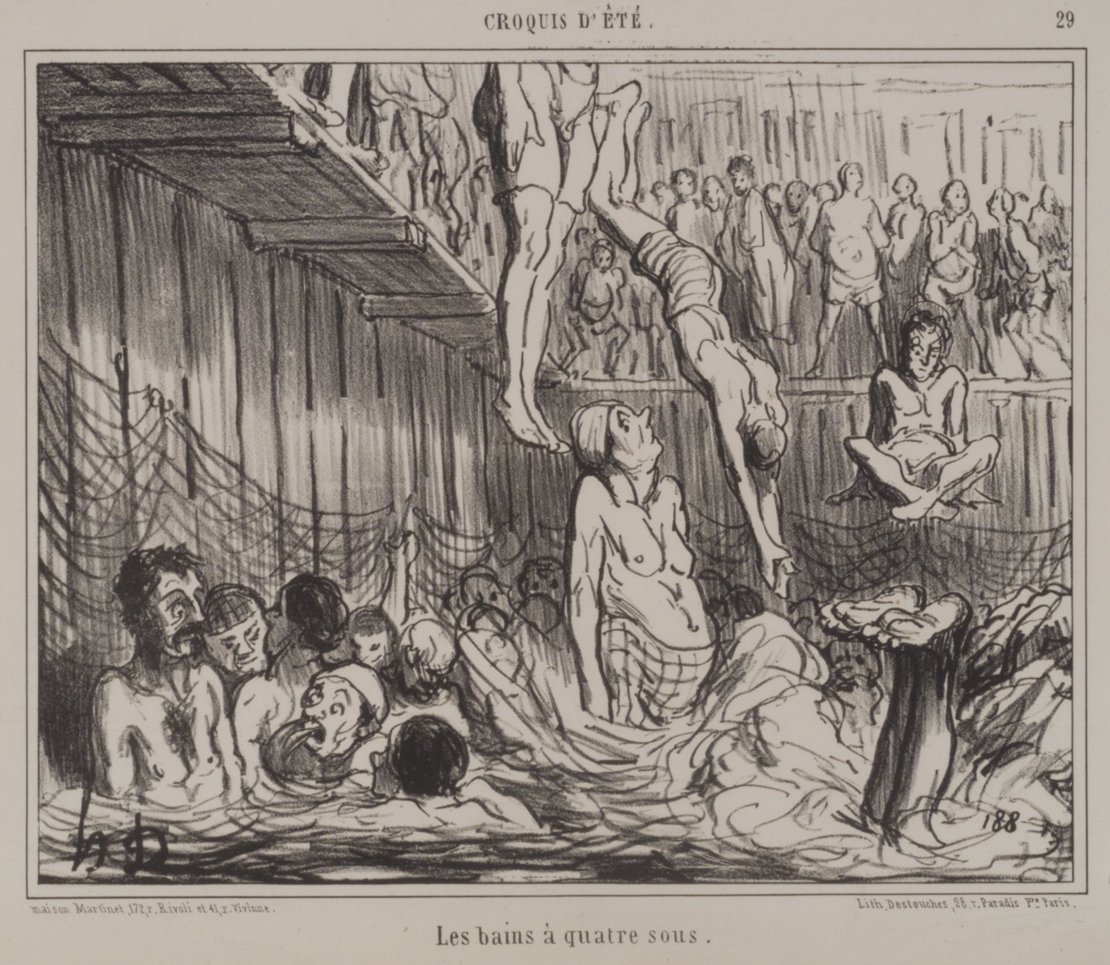The quintessential Dutch yearning for cosy sociability ('gezelligheid') is less Dutch than you might expect. What's more, the concept has not been around for that long. Nineteenth-century people were no 'more social' or less private with their space than we are. In addition, people in the nineteenth century were not the tough travellers we believe them to be. This and much more becomes apparent in the doctoral research of Anna Geurts, who investigated the Dutch travel behaviour in the period 1815 to 1914. On 12 December Geurts obtained her doctorate at the UT for her research, and this is not her first doctoral degree. Geurts had already obtained a doctorate at Oxford in 2013 for related research.
Geurts examined how individuals in the 'long nineteenth century' travelled and how they experienced the world. In this she focused on the spatial desires of travellers at that time. What did travellers desire and require of, for example, churches, landscapes, hotels, bathhouses and restaurants? She reviewed the themes of homeliness, sociability, cleanliness and order, sound, privacy and tactile experience, such as temperature perception.
Rich and poor
Geurts's research shows, amongst other things, that the differences between the rich and the poor were less than expected, as were the differences between men and women. Prior to the research the expectation was that women and wealthy people would be more sensitive to the lack of comfort and to noise and dirt than men and poor travellers. This expectation is incorrect, concludes Geurts. “Rich or poor, man or woman, they often all had the same preferences and each tried to fulfil their spatial desires with the means available to them.” In their time, poor travellers were considered to be 'desensitized' (and still are). This is erroneous, says Geurts, “That is only an excuse to tolerate social inequality.” They were just as sensitive to the cold, for example, but sometimes had to spend a cold night outside if they did not look 'well-dressed' enough for the local hotel.
The view that people nowadays are less able to accommodate to a lack of comfort also appears to be unfounded. On the contrary people have become better equipped to handle this than people from the nineteenth century, despite their 'more primitive' technology. Geurts’s long-term analysis showed that technological progress had little influence on the spatial happiness of travellers. Not technology, but rather travellers’ more flexible attitude, combined with economic growth and diminishing inequality, helped people fulfil their spatial desires.
Sociability
The concept of 'sociability' ('gezelligheid’) is known as a typically Dutch phenomenon that refers not only to companionship, but also to spatial aspects, such as a crackling fire or the human measure of a room. Geurts's research showed that foreign travellers were also looking for this. The current, material meaning of the term is also younger than expected. The concept did not acquire its current meaning until the second half of the nineteenth century. Before that, it only referred to sociability.
Egodocuments
For her research Geurts studied so-called egodocuments - such as travel accounts, diaries and letters, including shopping lists - of Dutch travellers in the periods 1815-1834, 1855-1874 and 1895-1914. Geurts found these documents in various libraries and archives.
Geurts performed her research at the Faculty of Engineering Technology of the University of Twente. Her thesis was supervised by Professor J.W. Drukker. Her research has been funded in part by the University of Oxford. Geurts obtained a doctorate at Oxford in 2013 for related research. There she focussedon mobility and accessibility. Geurts is currently working at the University of Sheffield.

Image: Honoré Daumier, Le Charivari (29 June 1858) - Anyone with little cash who wanted to take a bath had to rely on these unpleasantly cramped and intimate 'Bains à quatre sous'.





